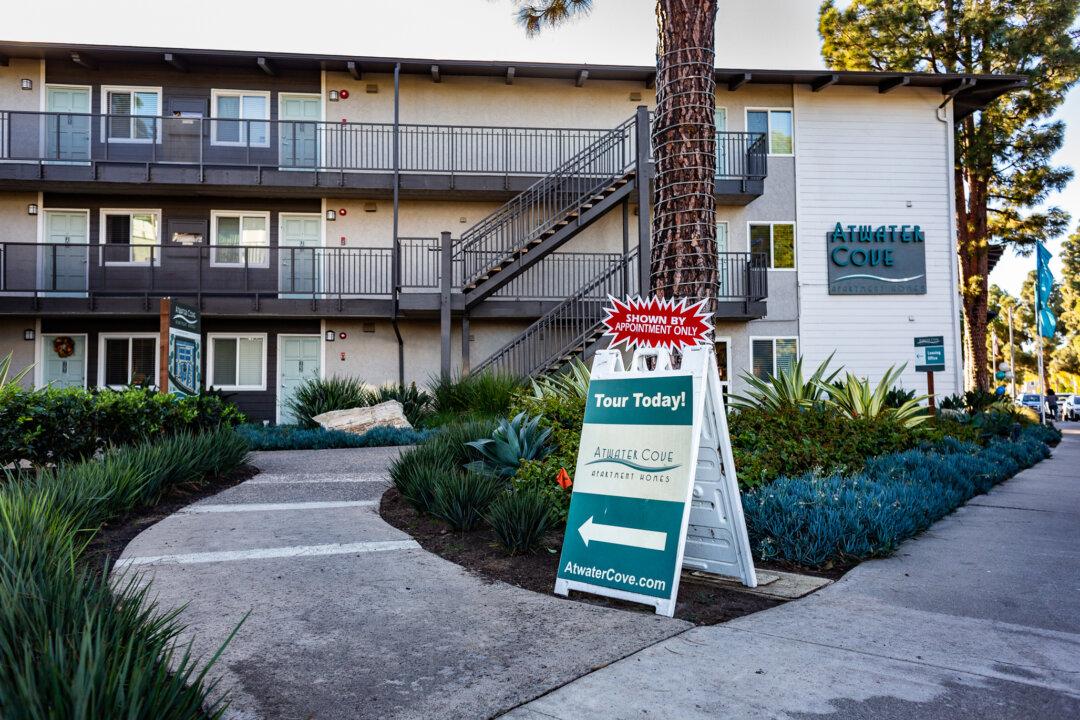Costa Mesa residents will vote Nov. 8 on Measure K, which, if approved, will no longer require high-density developments to have a public vote for approval in some areas in the city.
Some city councilors who voted in August to place the issue on the ballot, say it will encourage development and is necessary to remain compliant with the state’s affordable housing quota. But opponents say it takes away the public’s right to vote on such developments and lacks requirements for affordable housing.





